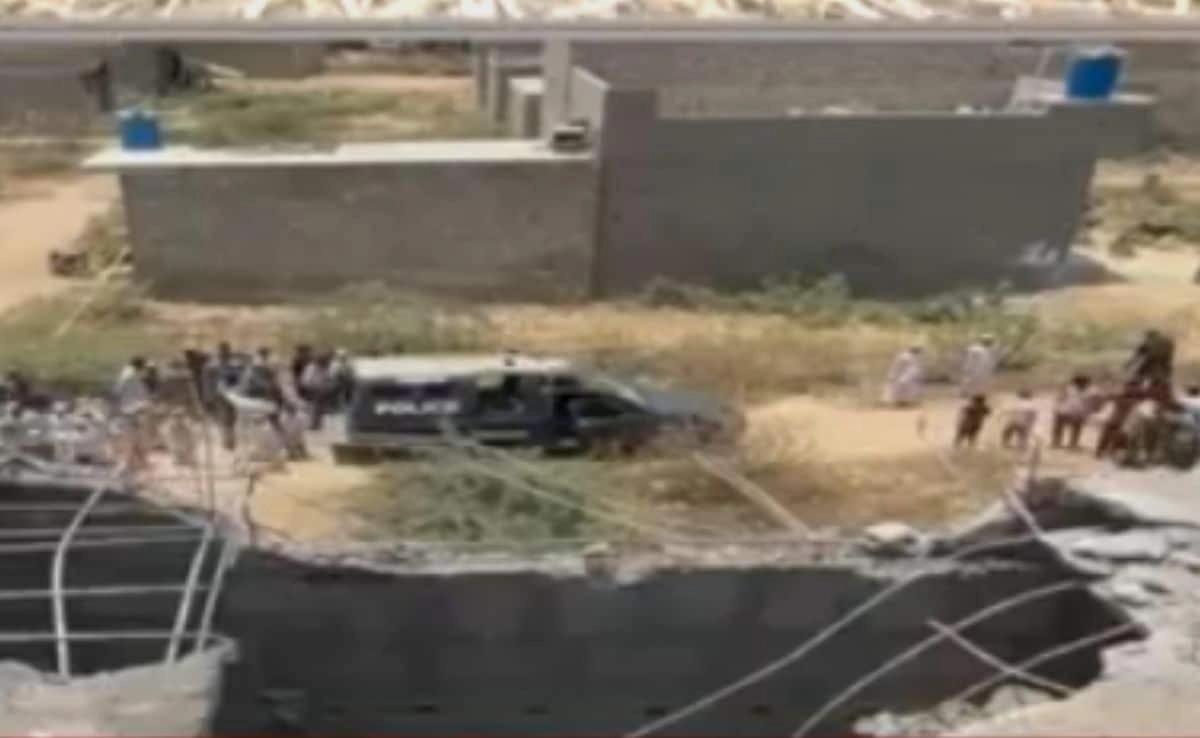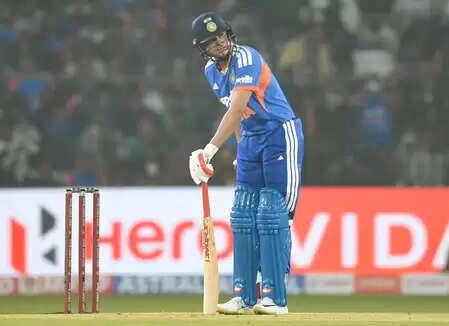In a significant turn of events, India has successfully neutralized a series of missiles launched by Pakistan that were reportedly aimed at 15 major cities across its territory. This operation underscores India’s heightened security measures in response to escalating tensions between the two nations. The interception of these missiles not only demonstrates India’s advanced military capabilities but also highlights the ongoing rivalry and the precarious balance of power in the region. The targeted cities, which are critical from both strategic and civilian perspectives, could have faced devastating consequences had these missiles reached their intended destinations.
Moreover, this operation involved the destruction of a sophisticated air defense system that Pakistan had deployed to protect its missile capabilities. By dismantling this system, India has not only neutralized an immediate threat but has also sent a strong message regarding its readiness to defend its sovereignty against aerial threats. The implications of this action are far-reaching, as it could potentially alter the dynamics of military engagements in future conflicts. Analysts suggest that such decisive moves could lead to an arms race, with both nations striving to bolster their defense technologies further.
The geopolitical landscape in South Asia remains complex, and incidents like these exacerbate existing tensions. The international community watches closely, as any miscalculation or escalation could have dire consequences not only for India and Pakistan but also for regional stability. Both nations possess nuclear capabilities, making the stakes even higher. Diplomatic channels remain crucial in de-escalating potential conflicts, and this latest episode serves as a reminder of the fragile peace that exists between these neighboring countries. As military strategies evolve and new technologies emerge, the potential for misunderstandings and conflicts continues to loom large over South Asia.




